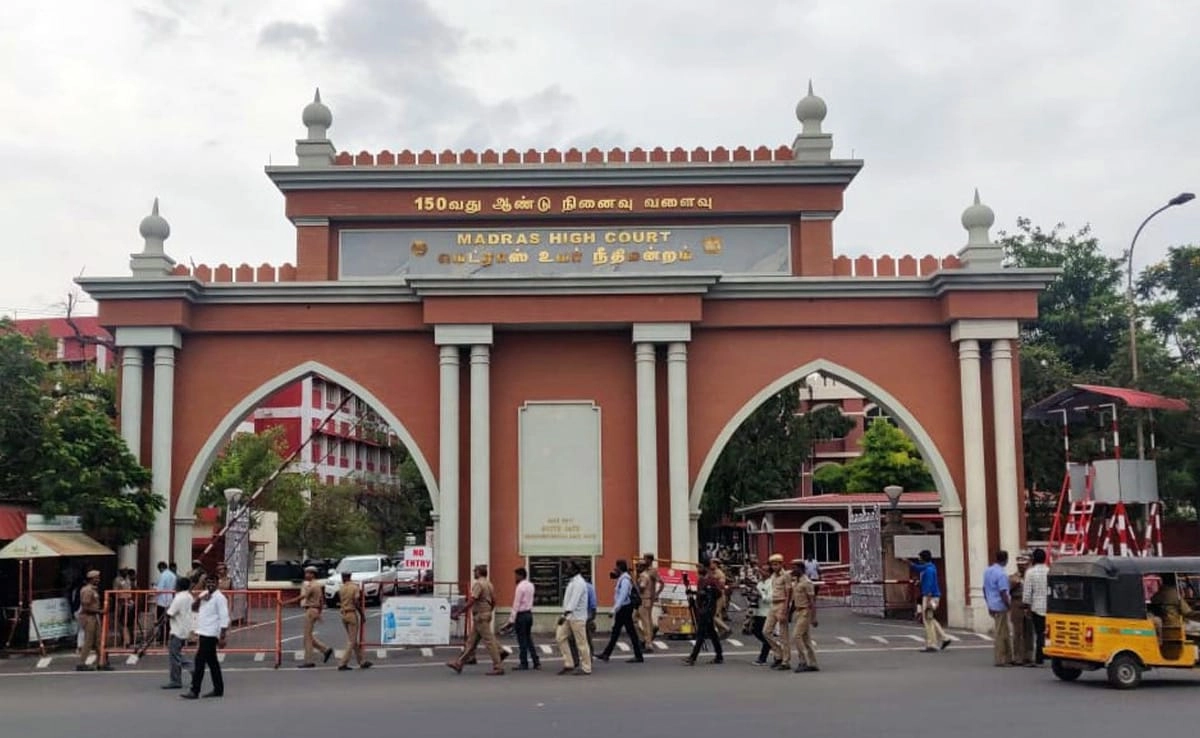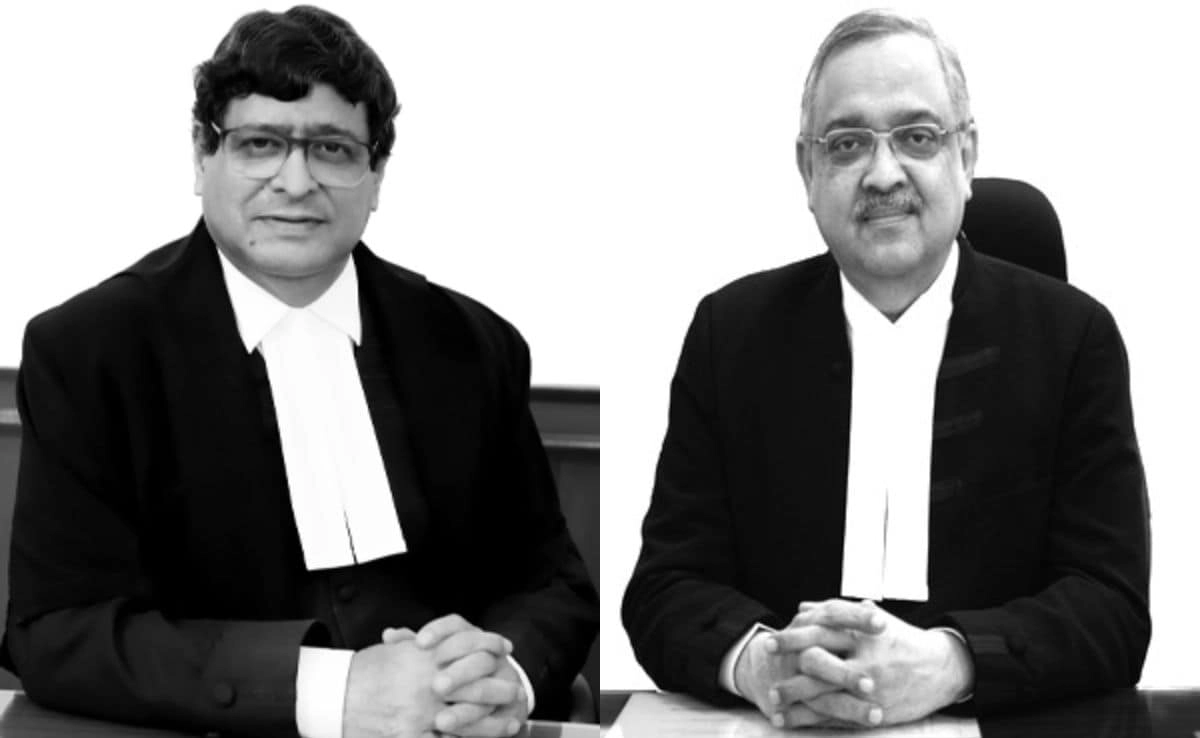The Madras High Court recently issued a significant ruling that halts the collection of Aadhaar data during the membership drive organized by the Dravida Munnetra Kazhagam (DMK). This decision has raised important questions regarding privacy, data protection, and the role of governmental and political party initiatives in the collection of personal information. The court’s intervention comes in response to concerns that the collection of Aadhaar details might infringe upon individuals’ rights and could lead to potential misuse of sensitive data.
Aadhaar, which is a unique identification number issued by the Indian government to residents, has been a topic of intense debate regarding its implications for privacy and security. Critics argue that linking Aadhaar with political party membership could lead to coercive practices, where individuals might feel pressured to provide their Aadhaar details in order to participate in political activities. The High Court’s stay on the data collection reflects a growing recognition of the need to safeguard personal information in an era where data breaches and misuse are increasingly prevalent.
The ruling is particularly pertinent in the context of the DMK’s membership drive, which aims to bolster its political base. While political parties often seek to expand their membership through various initiatives, the legal framework surrounding data collection must ensure that individuals’ rights are not compromised. The court’s decision underscores the importance of adhering to privacy laws and the need for transparency in how personal data is handled, especially by political entities that hold significant influence over public life.
As the situation unfolds, it will be interesting to see how the DMK responds to the court’s order and whether it will seek alternative methods to engage with potential members without infringing on privacy rights. The case sets a precedent that may influence how political parties approach data collection in the future and could lead to a broader discourse on the ethical implications of using Aadhaar and similar identification systems in political processes. Ultimately, this ruling serves as a reminder of the delicate balance between political engagement and the protection of individual privacy rights in India.




